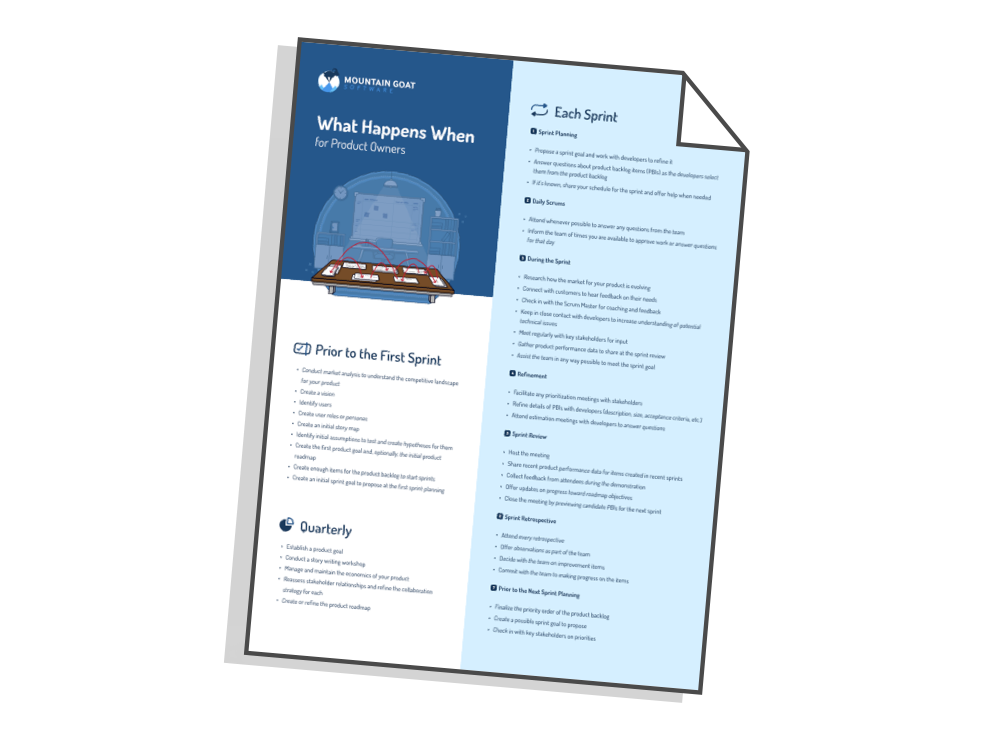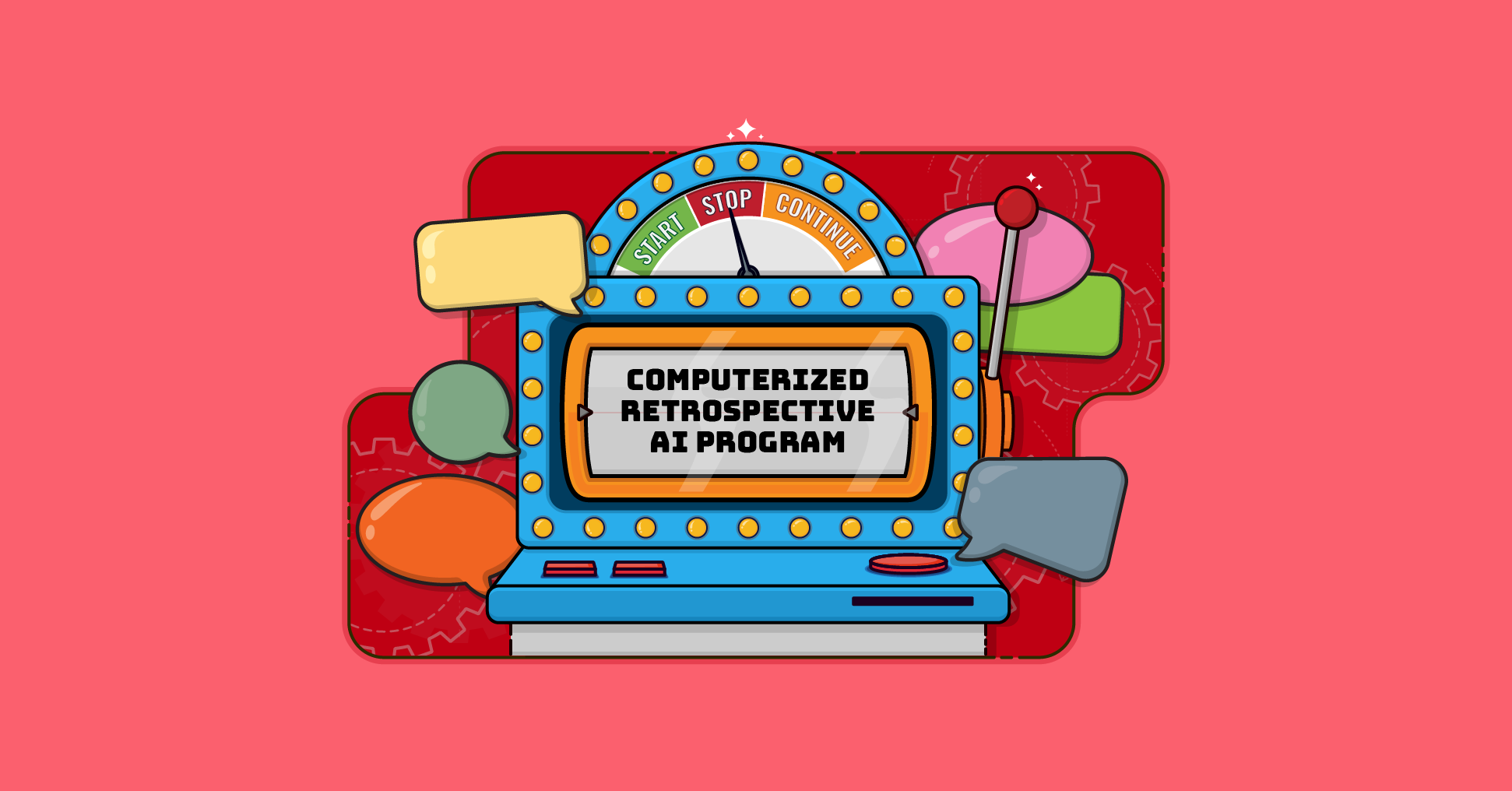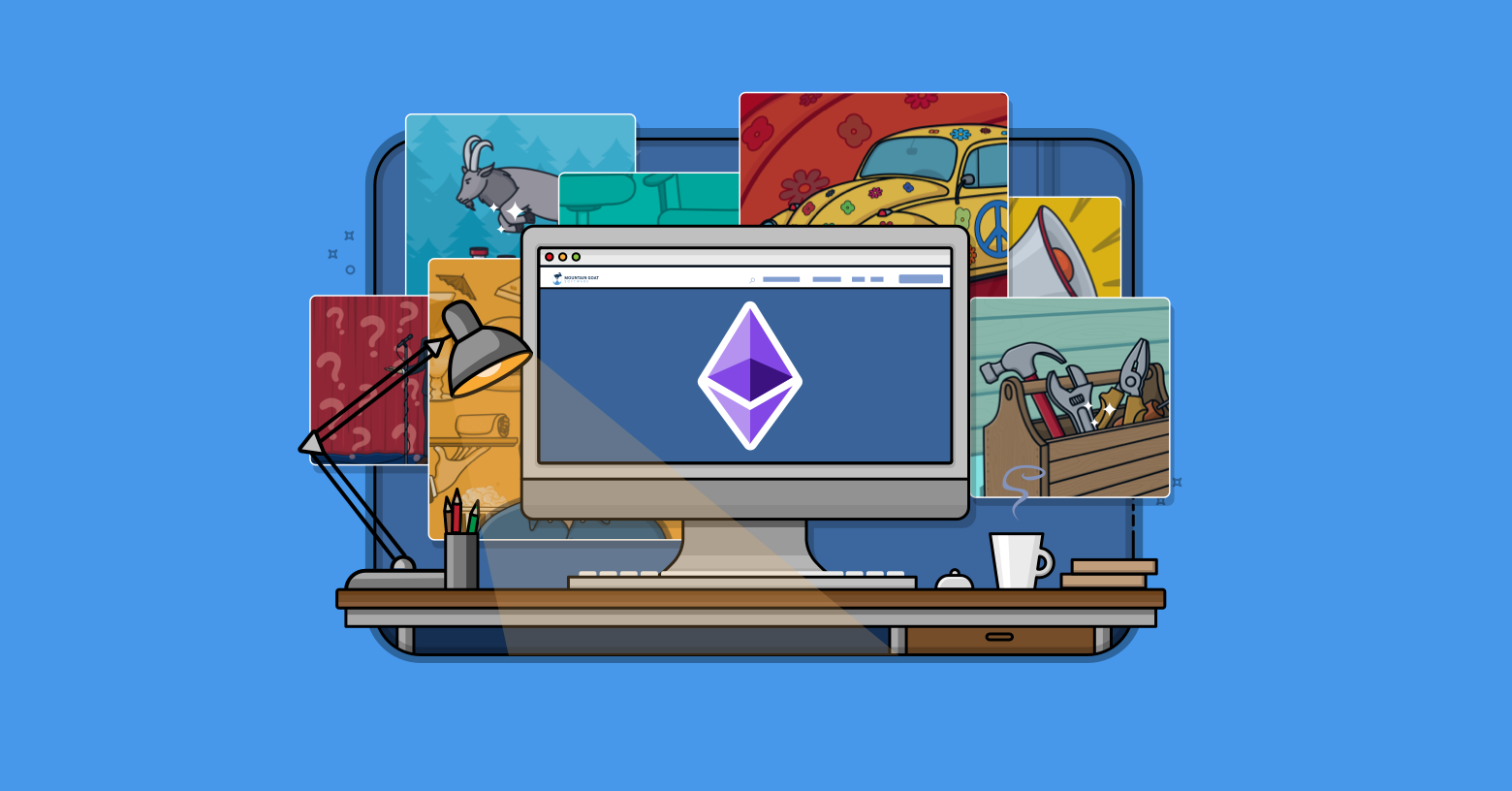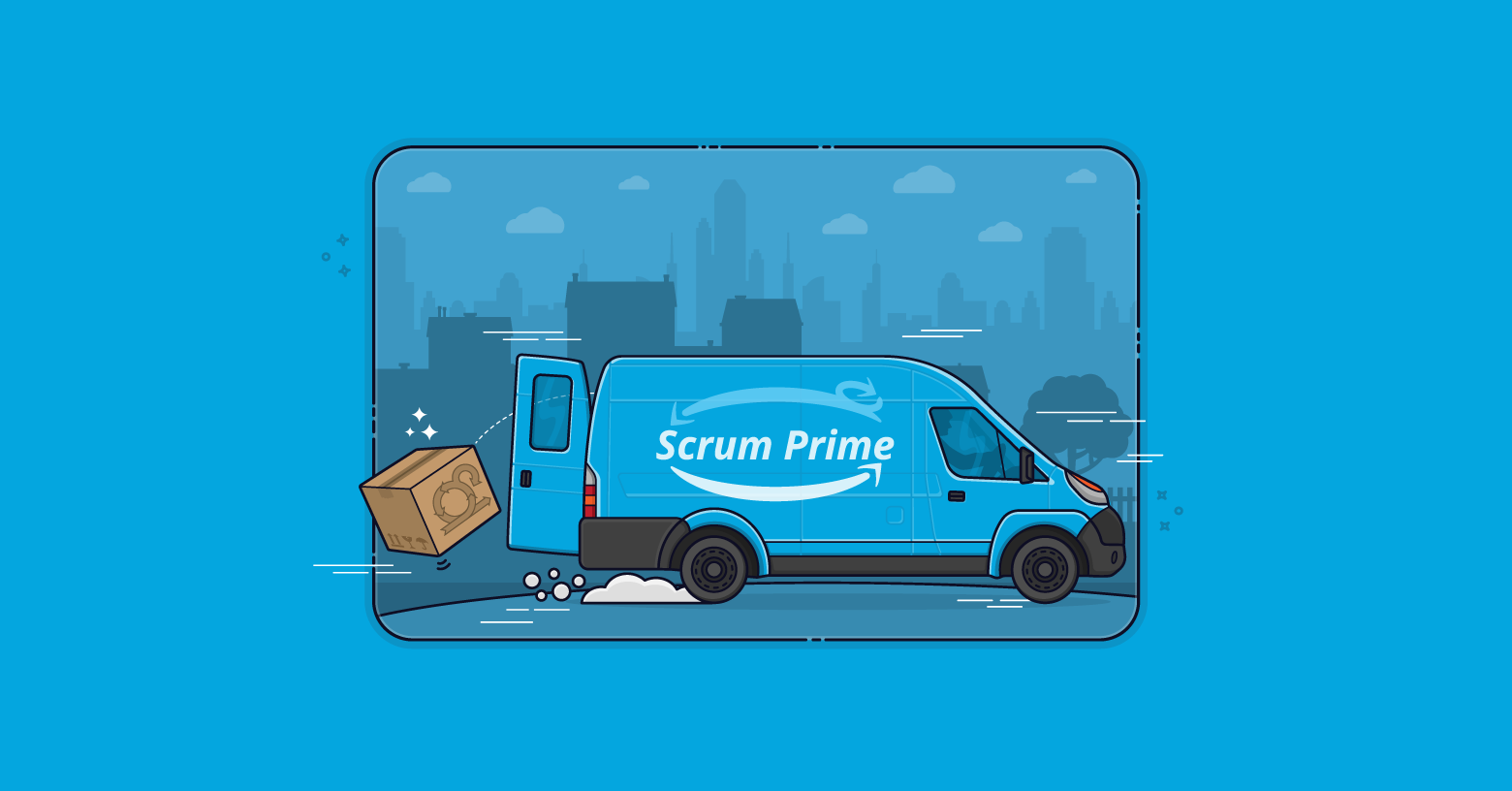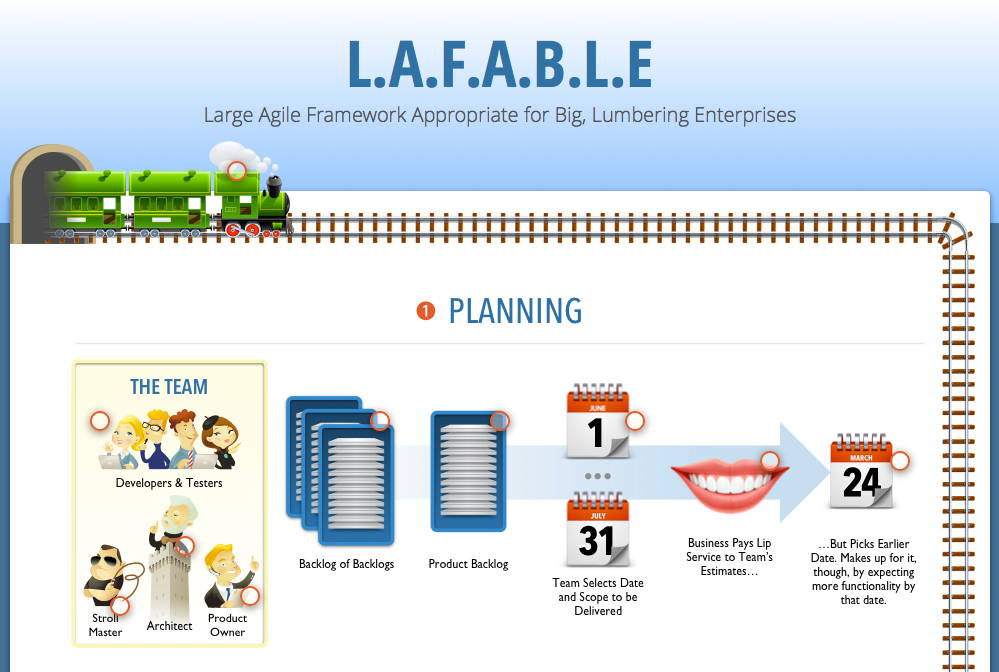Seasons come and seasons go. And based on a recently announced conference, it appears we may be witnessing the passing of the agile software development season. Long disparaged and with few vocal proponents, the waterfall method appears poised to make a comeback. The recent announcement of the Waterfall 2006 conference (www.waterfall2006.com) may foreshadow the end of agile, especially given the number of leading agile advocates slated to participate in this conference.
Of particular interest at Waterfall 2006 will be the announcement of the new CMMI Level 6. With so many organizations now at Level 5 and having perfected their development processes, the new Level 6 is anxiously anticipated. The specific contents of Level 6 have been kept under tight wraps, but regardless of what it prescribes, project management offices around the world stand ready to begin new Level 6 initiatives.
Since its release in January, more than 50,000 downloads of WordUnit show that Kent Beck is on to something with his latest testing framework. Beck noted recently that “since documents define a project, it is more important for projects to have correct documents than correct code.” His WordUnit framework and the Document-Driven Documentation methodology it inspired help teams produce complete and comprehensive documents, even in the absence of a real system to document.
At the conference, Ward Cunningham will present his tutorial “FIT Testing In When You Can; Otherwise Skip It.” He will show how agile teams have overemphasized testing. Then he’ll describe how to return to a process where the amount of testing is determined by how much time is left between when the programmers are finished coding and the previously announced ship date. Striking a similar note will be one of Better Software magazine’s technical editors, Brian Marick, whose keynote is titled “Put Testing Where It Belongs—At The End.”
Robert Martin will give a tutorial on the merits of unexecutable designs. Since most flaws are introduced and elegant designs are compromised during coding, Martin will show how to emphasize the design phase of a waterfall project, which moves so slowly that stakeholders perhaps forego coding altogether.
Alistair Cockburn, who has written about—but rarely talked about so as not to disturb anyone—the importance of team communication, will present a tutorial on cube farm design. Cockburn (whose last name is pronounced “Jones”) will also demonstrate a new product that will allow two project team members to converse without annoying other team members by forcing them to hear pesky details about the project. Cockburn says his variation of the 1960s’ “cone of silence” will be available commercially in June.
The formerly pragmatic programmers, Andy Hunt and Dave Thomas, will introduce a new style of programming they claim will be appropriate for waterfall projects. This new technique, called Dogmatic Programming, actually removes the need to think on a project. Team members can just keep doing whatever they used to do, safe in the knowledge that they are following the process.
Waterfall advocates are quick to point out that it is impossible to have a one-waterfall-fits-all strategy. Some teams need a slow-moving waterfall that traps a project in the swirling waters beneath and from which they cannot escape. Other teams benefit more from a dramatic crash at the bottom of a steep fall. With these examples in mind, new process variants of the waterfall model will be presented at Waterfall 2006. Agile modeler Scott Ambler will describe his Glacial Methodology which moves so slowly that stakeholders eventually learn to stop asking for changes. In his tutorial on the Waterfall Unified Process (WUP), Jon Kern promises to bring together the best ideas from waterfall thought leaders as soon as he figures out who they are.
So, as professional software developers, what are we to make of such radical shifts of opinion on the part of many of the most vocal proponents of agile software development? Has agile been nothing more than a fad whose time has passed as teams realize the need for a return to the rigor of a waterfall process? Just as all seasons change, we shouldn’t expect a resurgent waterfall process to remain in favor either. In fact, it may remain in favor among these agile advocates for only a day—April 1, the day the conference will be held.
Last update: March 21st, 2023


